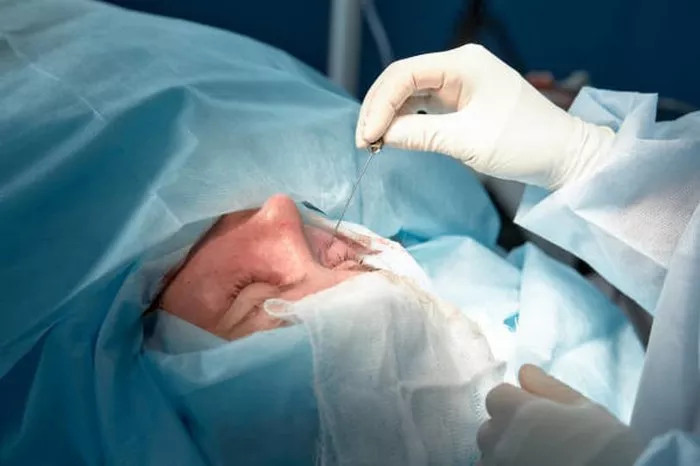Rhinoplasty, commonly known as a “nose job,” is a popular cosmetic surgical procedure that aims to enhance the appearance and function of the nose. While rhinoplasty can deliver transformative results, it is crucial to prepare adequately to ensure a successful outcome. Proper preparation includes not only physical and mental readiness but also avoiding certain practices and substances that could potentially jeopardize the procedure’s safety and effectiveness. In this article, we will discuss the essential factors to avoid before rhinoplasty to minimize risks and achieve the best possible results.
Smoking and Nicotine Consumption
One of the most critical factors to avoid before rhinoplasty is smoking and nicotine consumption. Smoking and nicotine can significantly impair blood flow, affecting the healing process and increasing the risk of complications during and after surgery. These substances constrict blood vessels, reducing oxygen and nutrient supply to the surgical site, which may lead to tissue damage and delayed healing. Patients are advised to quit smoking and avoid any form of nicotine, including nicotine patches and gums, at least four weeks before and after the procedure.
Certain Medications and Supplements
Prior to rhinoplasty, patients should inform their surgeon about any medications or supplements they are taking. Some medications and supplements can interfere with the blood’s clotting ability, leading to excessive bleeding during surgery. Common examples include aspirin, nonsteroidal anti-inflammatory drugs (NSAIDs), and herbal supplements like ginkgo biloba and garlic. Patients may need to discontinue these substances for a specific period before the surgery, as advised by their surgeon.
Alcohol Consumption
Alcohol consumption can cause dehydration and interfere with the body’s ability to metabolize anesthetics and medications used during surgery. It can also impede the healing process and increase the risk of post-operative complications. To ensure optimal surgical results and minimize risks, patients should avoid alcohol for at least one week before the rhinoplasty procedure.
Strenuous Physical Activities
Engaging in strenuous physical activities before rhinoplasty can lead to increased blood flow and potential bleeding at the surgical site. Patients should avoid activities such as weightlifting, high-impact exercises, and intense sports for at least two weeks before surgery. Gentle exercises like walking are generally acceptable, but patients should always follow their surgeon’s advice on physical activity restrictions.
Sun Exposure
Excessive sun exposure can cause skin damage and increase the risk of post-operative complications. Patients should protect their skin by using sunscreen and wearing a wide-brimmed hat when going outdoors in the weeks leading up to the surgery.
Poor Nutrition
Proper nutrition is essential for a successful rhinoplasty recovery. Consuming a balanced diet rich in vitamins, minerals, and protein will promote optimal healing and boost the immune system. Avoid crash diets or excessive calorie restriction before surgery, as it can weaken the body and delay recovery.
Conclusion
Preparing for rhinoplasty involves more than just scheduling the surgery; it requires careful consideration of lifestyle choices and habits. By avoiding smoking, nicotine, certain medications, alcohol, strenuous activities, excessive sun exposure, and maintaining a healthy diet, patients can optimize their chances of a successful rhinoplasty with reduced risks of complications. Remember, always consult with a board-certified plastic surgeon who will guide you through the pre-operative process and provide personalized recommendations for a safe and satisfying rhinoplasty experience.


